
So then, randomly-generated content. Specifically, randomly-generated levels, in such things as dungeon crawlers. I think it’s one of those things that always sounds much better in theory (and perhaps more to the point in press releases) than in execution. Why, it could present a theoretically limitless amount of levels to play through! Well, yes, but unless you’ve figured out how to randomly generate textures, furniture and architecture styles then it’s all going to get a bit samey.
It’s not the same thing as procedural generation, which is the thing that Spore‘s character animation ran on. Random levels in this case is taking a collection of pre-built rooms and randomly arranging how they’re all slotted together. This does not create an infinite supply of dungeons, it’s a constant rearrangement of just the one dungeon, an incredibly monotone dungeon with no intelligent direction whatsoever. And you wouldn’t even know you were in a randomly generated dungeon until a second playthrough if maybe, maybe you remembered going down a hallway differently last time. At which point you will most likely think “Well, that explains why it’s so samey”, rather than “Well, this makes it all worth it.”
But wait! In this very column I abruptly and for no apparent reason plugged the Binding of Isaac a while ago, which prominently features randomly-generated dungeons. Surely this is evidence for my having a mindless automatic bias against mainstream games over indie games (how many mindless automatic biases have I got by now, is anyone keeping track?). Not so, say I. I think Diablo 3 could learn from the Binding of Isaac. BoI not only randomly generates the levels but also the upgrades you get on the way through the game, which can lead to vastly different experiences from playthrough to playthrough. Perhaps more relevantly, the playthroughs generally aren’t fourteen hours at a time. The dungeon crawling in Diablo goes on so bloody long that you find a combat style that works for you and fall into a stupor doing it over and over again, feeling a profound sense of disappointment every time you level up and only get upgrades for the six or seven abilities you don’t use. Maybe I’d have liked Diablo 3 more if you were forced to play a whole different character every time you sat down to it.* Or if the player character was a tearful naked child. It’d make one think a whole lot worse of the questgivers, wouldn’t it.
*Yes, I know about hardcore mode shut up shut up SHUT UP.
But let’s forget about Diablo 3 – ideally forever – and return to the more general subject of random generation. Which as we’ve established is basically incredibly generic level design with zero direction or variety, but it was while composing last week’s video that I wondered – between vodka shots – if that notion I had of a randomly generated novel wasn’t as insane as it first appeared.
Not a novel that tries to randomly rearrange the events in the plot; as I said in the video that would mean the book would either make zero sense or every chapter would start and end with the story being in basically the same place and it would be boring as shit. But a novel that always presents the same situation, but randomly generates its characters and their reactions, that could be possible. And I think one could do this by approaching it from the perspective of a game designer. What we’re talking about is basically a non-interactive text-only Bioware-style RPG, where instead of a player making choices, every character is an AI making choices based on their programming. What with E-books slowly murdering the print industry in its sleep, why not take the opportunity to mess around with the format in ways we never could before?

The problem with randomly-generated content, or a game that professes to be different with each playthrough depending on your choices, is that you still have to make all of those individual bits of content to be tied together. But that task is at its least daunting when we talk about a text-only story where you don’t have to voice act all the alternate lines or animate all the alternate scenes. How I picture this working is that you start with a nice general situation, let’s say a ship wrecked on an island. Then you randomly generate four survivors. The random name library spits out the names Karen, Jim, Elizabeth and Rajeev. All four are given random stats in various traits – physical strength, charisma, curiosity, self-esteem, decisiveness – as well as “respect” and “fondness” stats for each of their three companions.
Throughout the story would come various conjunction points in which we calculate what each character is going to do next based on their personalities and what events have already happened. Rajeev has high decisiveness so he rescued Jim from the shipwreck, but Jim has high self-esteem so ended up resenting Rajeev for it. Elizabeth’s high curiosity enables her to explore the island and stumble upon some coconuts, which she shares with Karen because Karen is the prettiest and Elizabeth is extremely shallow. But if Jim doesn’t get nourishment, his desperation climbs higher and he becomes more likely to attempt to kill Rajeev for food. The story goes on until everyone dies or rescue arrives after a pre-determined period of time.
Also, if any characters are calculated to have enough personality traits that connect well together then some moments would be set aside for romantic scenes. Two characters successfully fucking during the course of a story would result in perhaps a little achievement box coming up, and your E-reader of choice would start emitting a siren to signal to everyone around you that you’re suddenly reading porn.
It still wouldn’t be as stimulating reading as something that was actually directed appropriately by a writer, but there’d be a nice water cooler quality where you could compare what stories you’ve been getting to those of your fellow readers. Perhaps you could share particularly good stories online. Ooh ooh ooh! And there’d also be an optional “Custom Mode” where instead of randomly generating characters you can enter the names of yourself and your friends and whatever stats you want. Imagine the fun when you get to the office the next day and get to tell Greg that the party ended up eating him. On toast. It’d be like The Sims but without the awkward conversations that arise when your avatar impregnates your best friend’s wife.
It just occurred to me that in George Orwell’s 1984 reference is made to “novel-writing machines”, and in that context they were used to illustrate how emotionally bankrupt society had become. But you know, speaking as a novelist (whose next book comes out this October, WOO!) I don’t see any problem with getting to take more days off.
Yahtzee is a British-born, currently Australian-based writer and gamer with a sweet hat and a chip on his shoulder. When he isn’t talking very fast into a headset mic he also designs freeware adventure games. His personal site is www.fullyramblomatic.com.


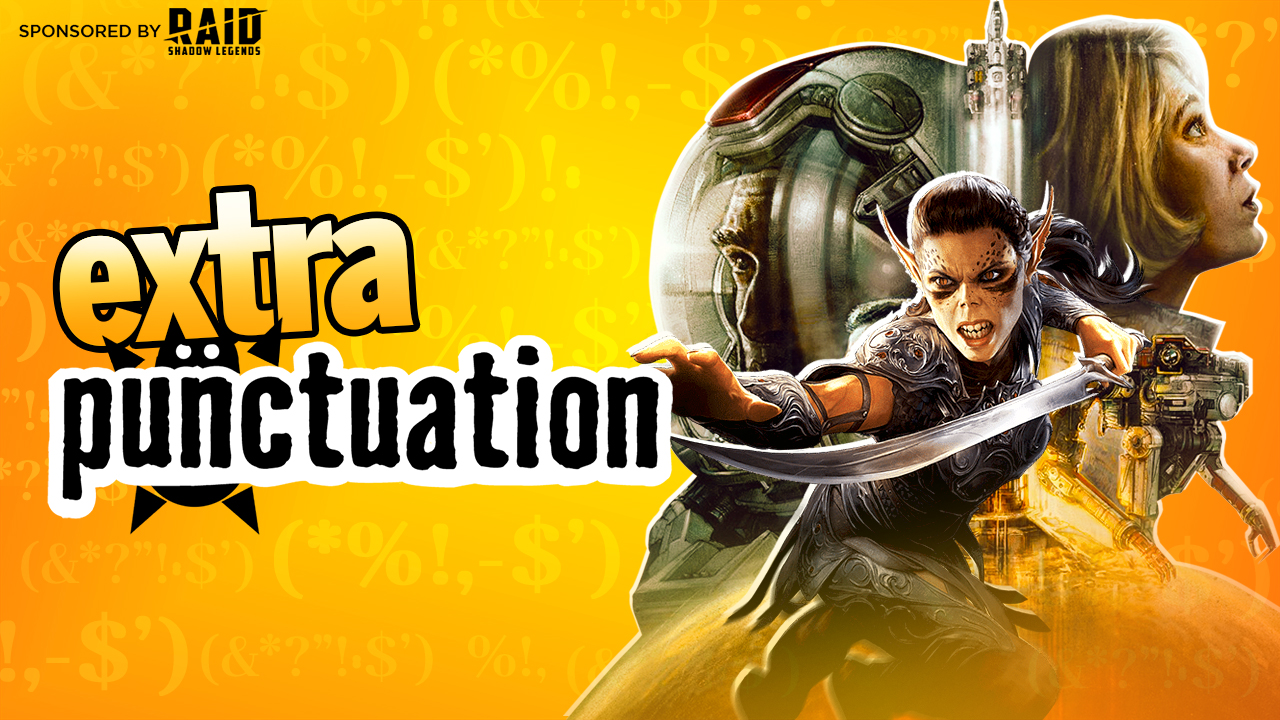
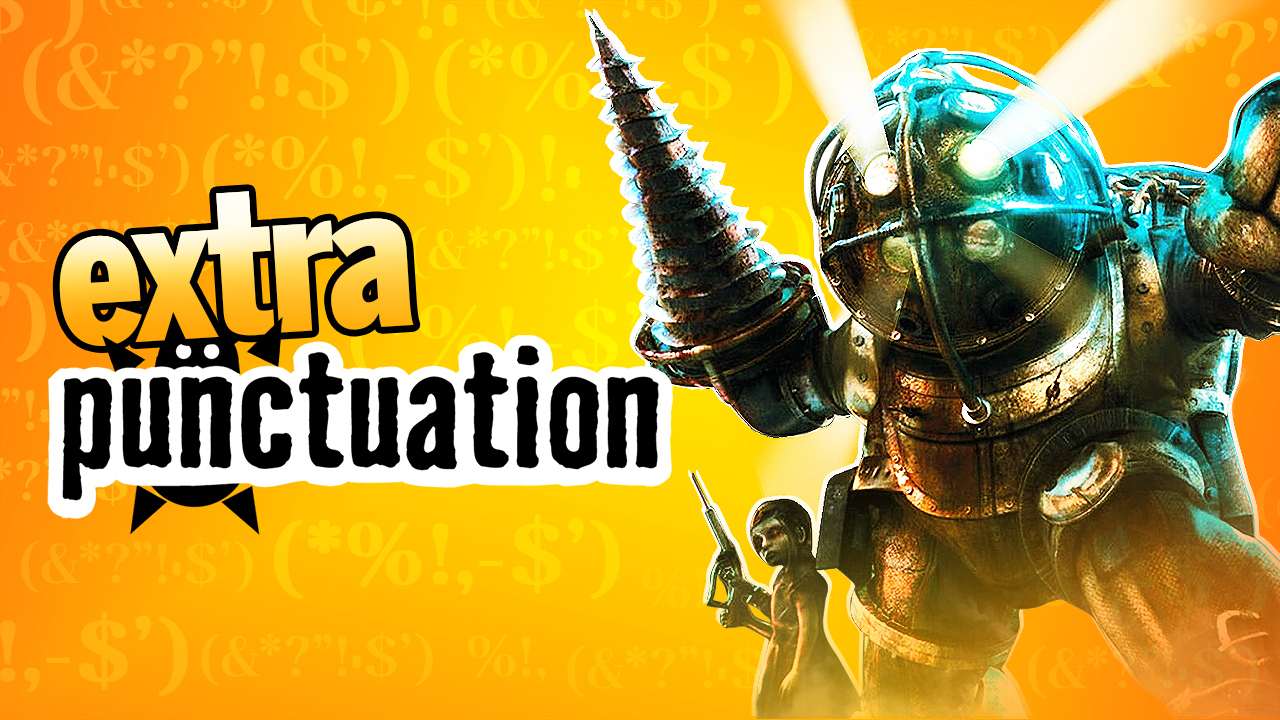



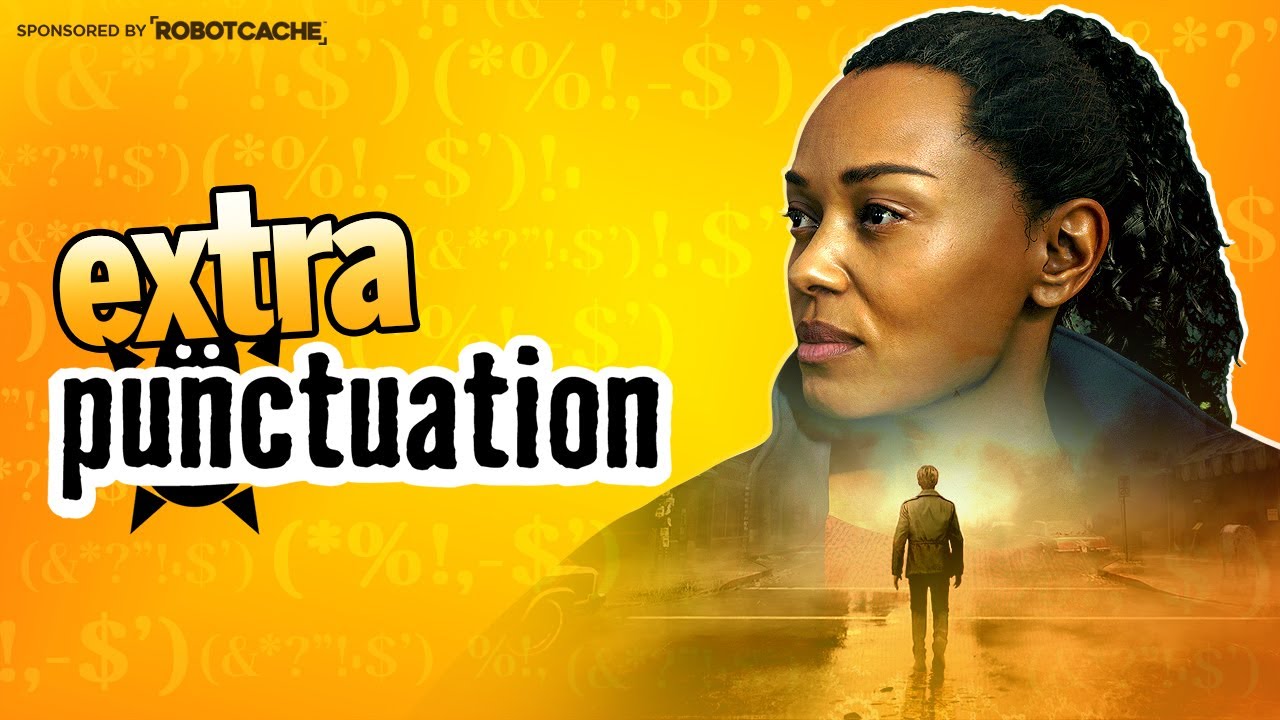
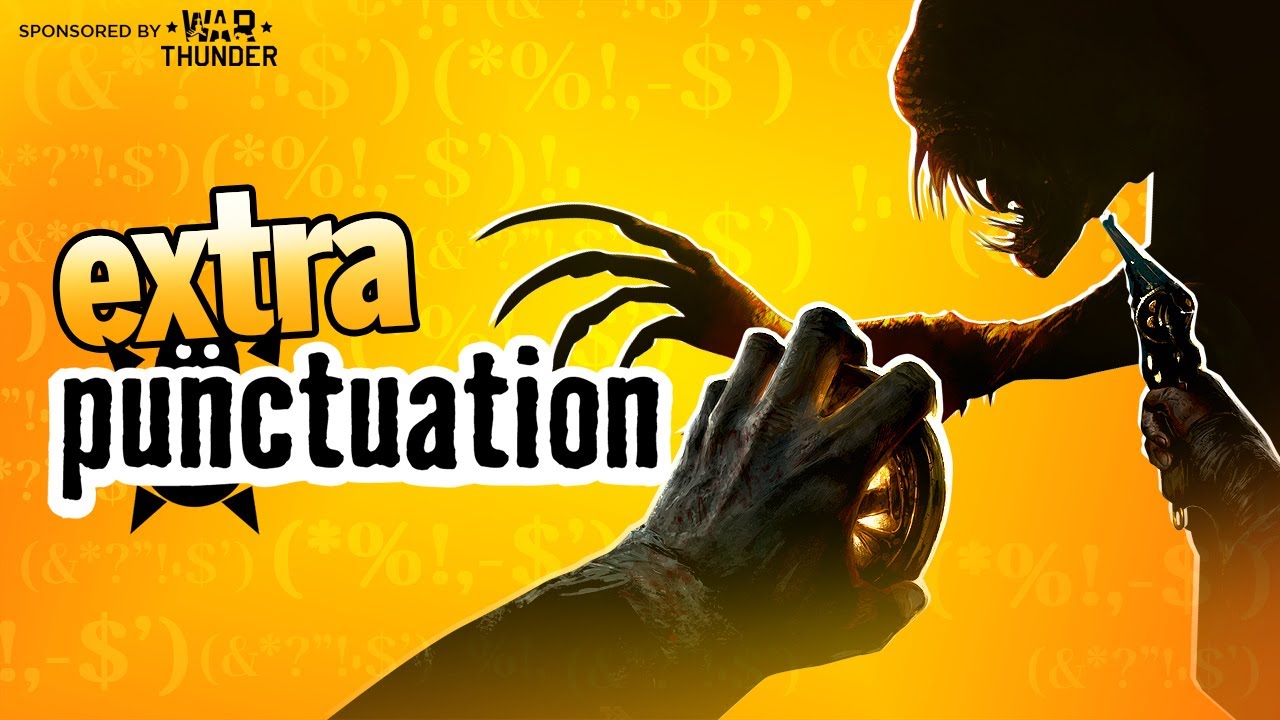
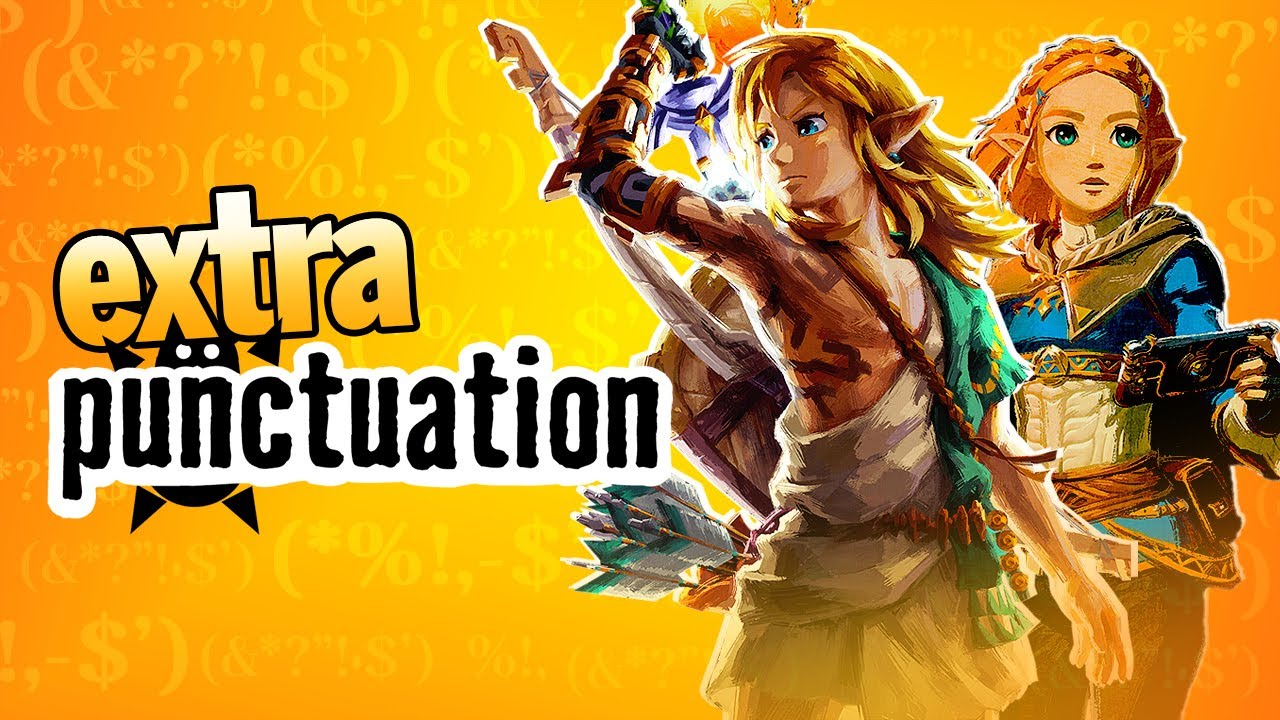



Published: Jun 5, 2012 8:00 PM UTC